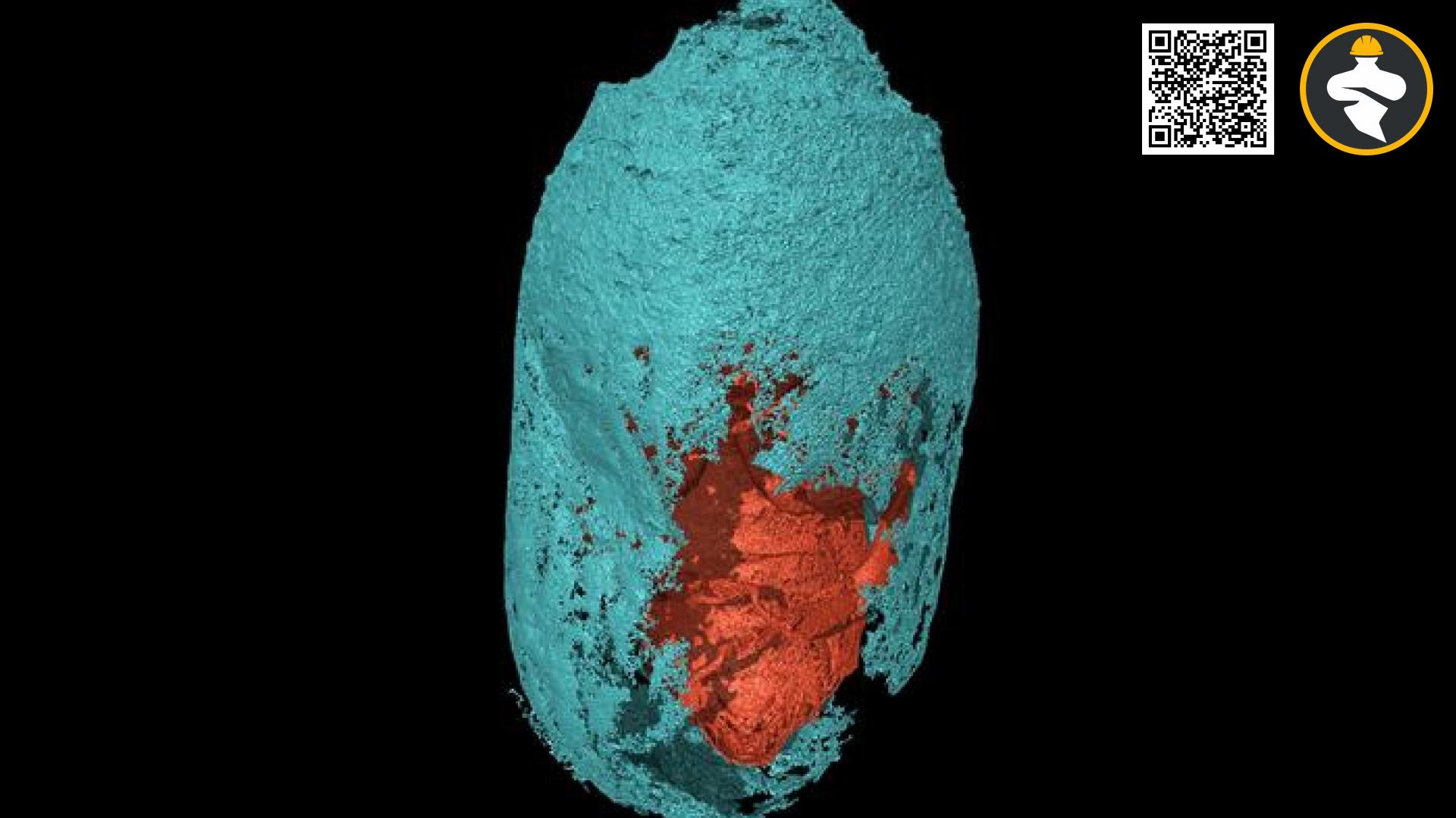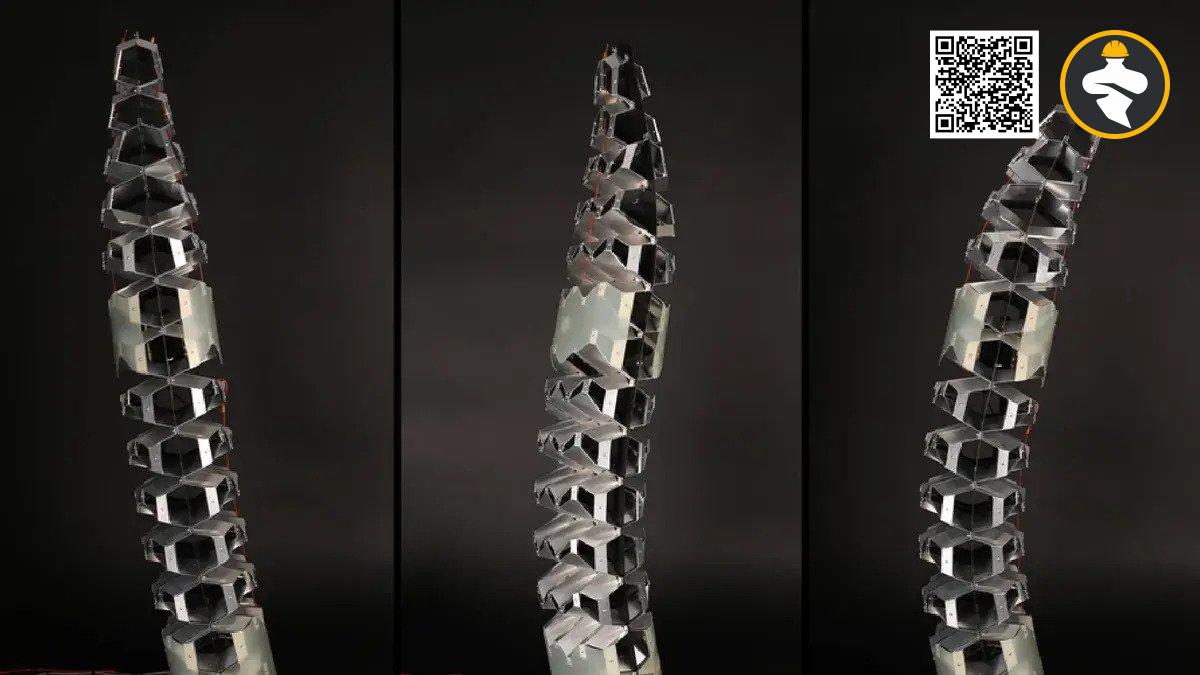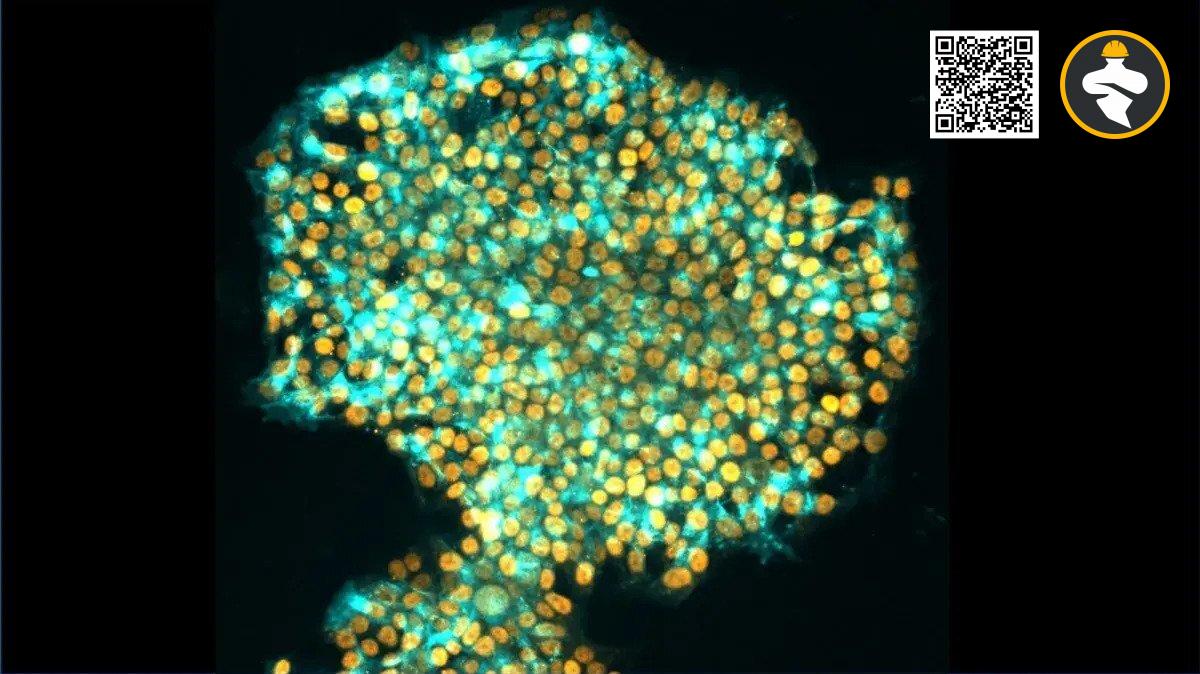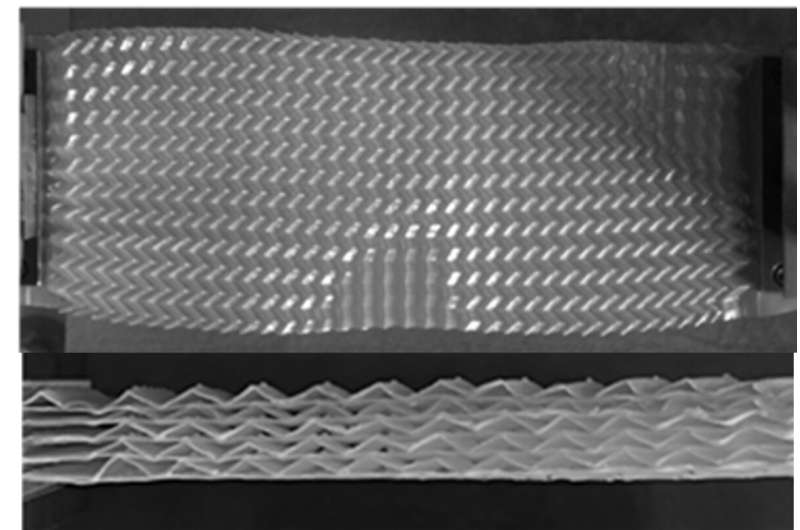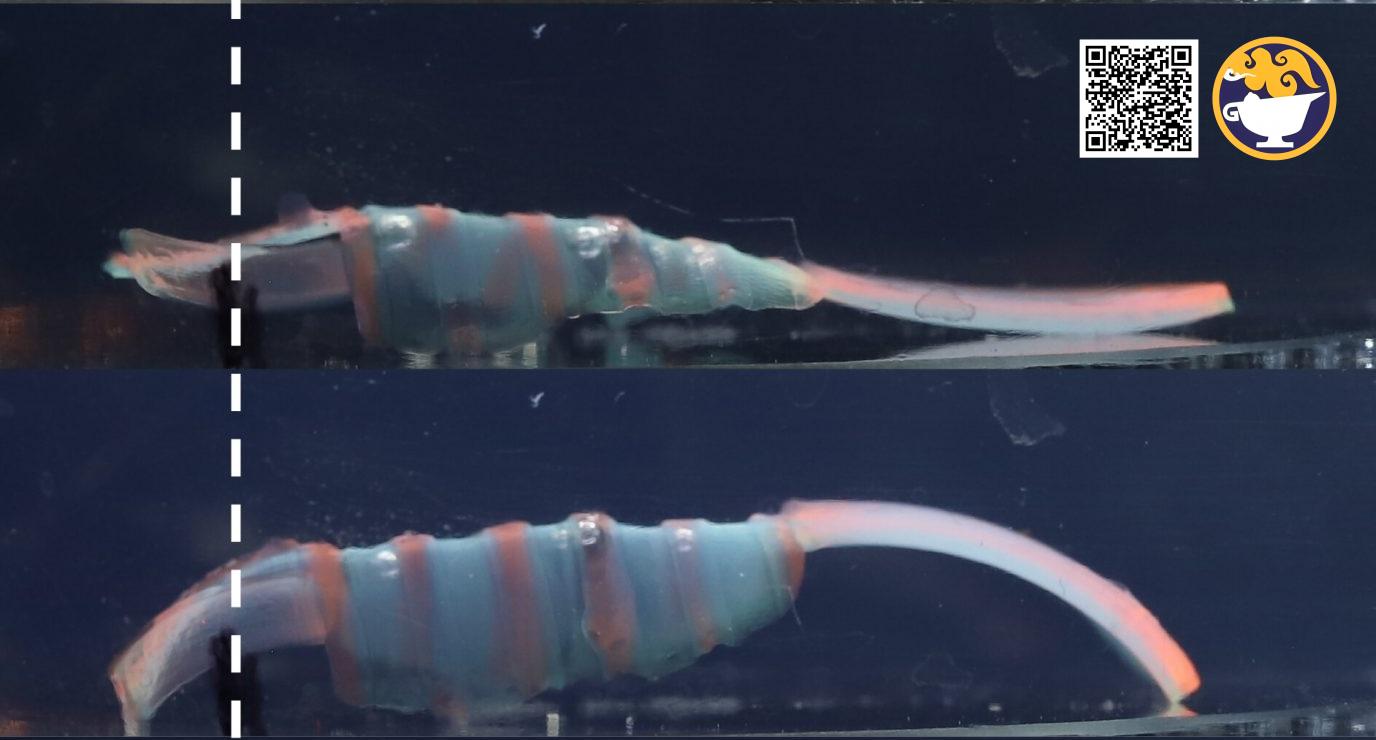In an era of groundbreaking scientific discoveries, researchers have embarked on a fascinating journey that involves reprogramming ordinary cells into versatile stem cells. This astonishing feat not only offers a glimpse into the immense potential of cellular regeneration but also holds immense promise for regenerative medicine.
Scientists have devised a revolutionary technique that involves wiping a cell’s memory, effectively erasing its specialized functions, and turning it into a blank slate. This process, known as cellular reprogramming, unlocks the ability of any cell to transform into any type of cell found in the human body.
By introducing specific factors into the cellular environment, scientists can coax cells to revert back to a pluripotent state, where their destiny is yet to be determined. This approach enables the cells to regain their remarkable ability to differentiate and specialize into any tissue or organ. Stem cells, once reprogrammed, become a powerful resource for researchers and clinicians seeking to develop regenerative therapies to treat various diseases and injuries.
The implications of this groundbreaking research are far-reaching. By understanding the mechanisms behind cellular reprogramming, scientists are gaining insights into the fundamental processes that govern cell fate and identity. This knowledge could potentially lead to the development of targeted interventions for diseases that arise from cellular dysfunction.
The intricate process of cellular reprogramming involves precise manipulation of genetic and epigenetic factors within the cell. Researchers have identified specific combinations of proteins and genetic material that can effectively reset the cellular program. This discovery has opened up a world of possibilities for harnessing the regenerative potential of our own cells.
In addition to regenerative medicine, cellular reprogramming has also shed light on the mysteries of aging. By reverting aged cells back to their youthful, pluripotent state, scientists are investigating how cellular rejuvenation can be achieved. This research holds promise for developing interventions that slow down or reverse the aging process, potentially extending human lifespans and enhancing quality of life.
In conclusion, the ability to reprogram cells into stem cells and wipe their memory serves as a remarkable testament to the intricate nature of cellular biology. This groundbreaking research offers hope for the development of regenerative therapies and provides crucial insights into the mechanisms governing cell fate and identity. As scientists continue to unravel the secrets of cellular reprogramming, exciting new horizons of medical innovation await.
Reference: InterestingEngineering.com





